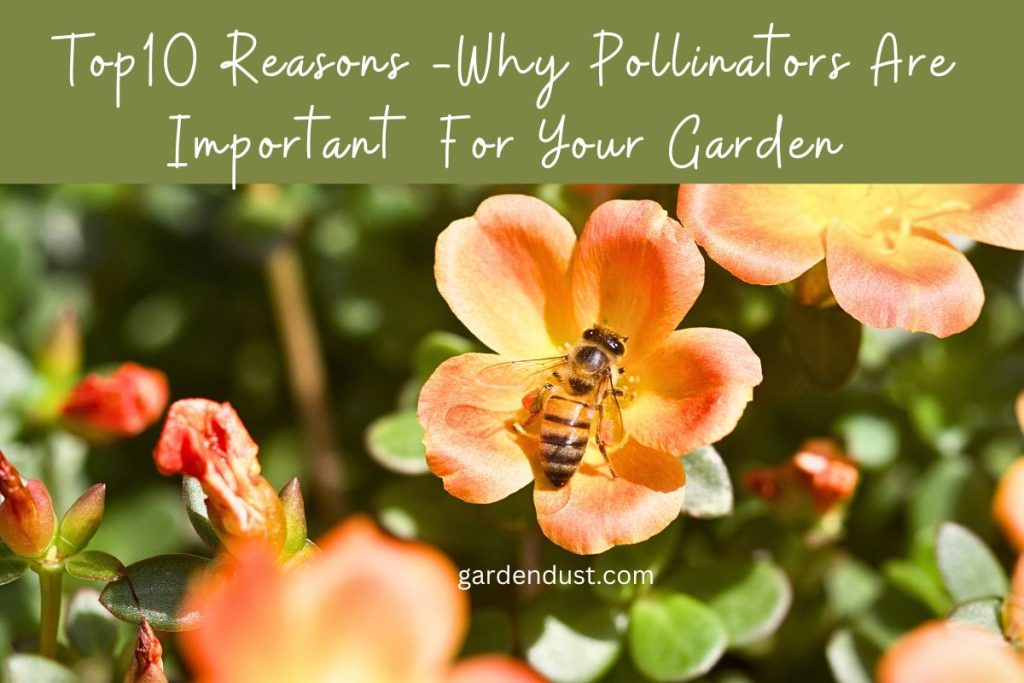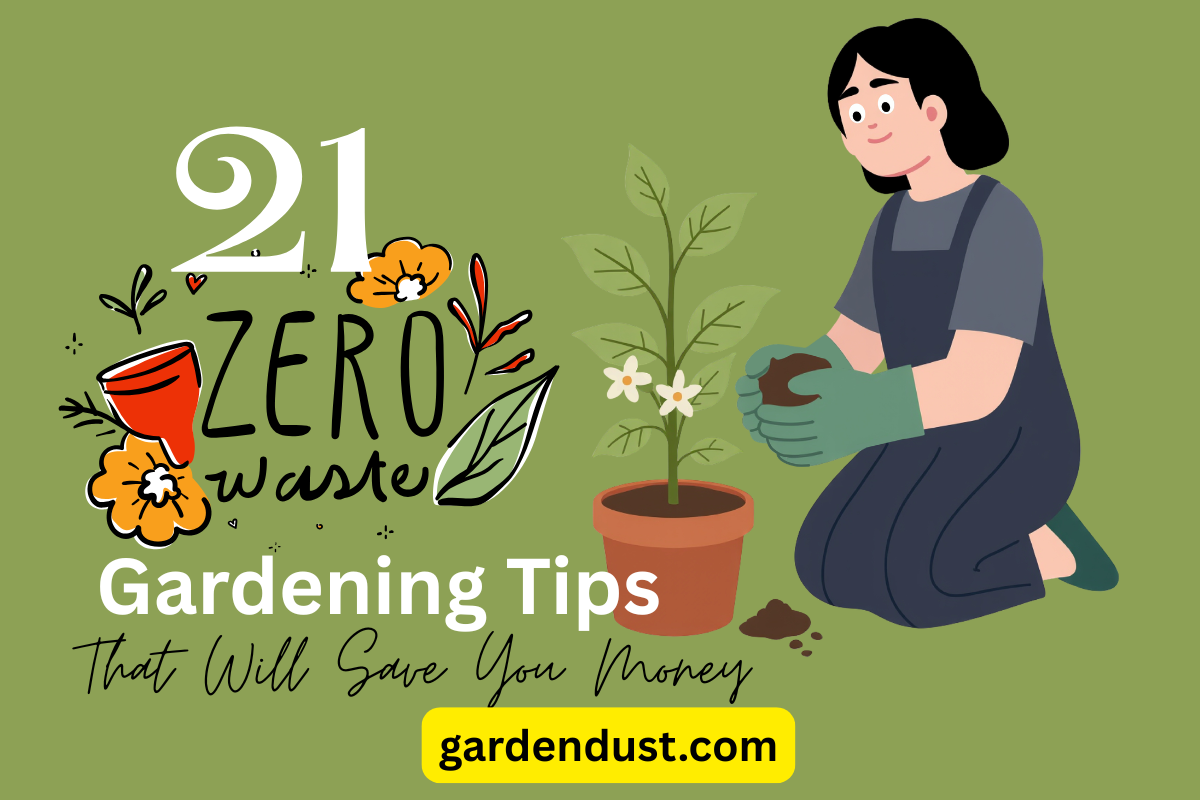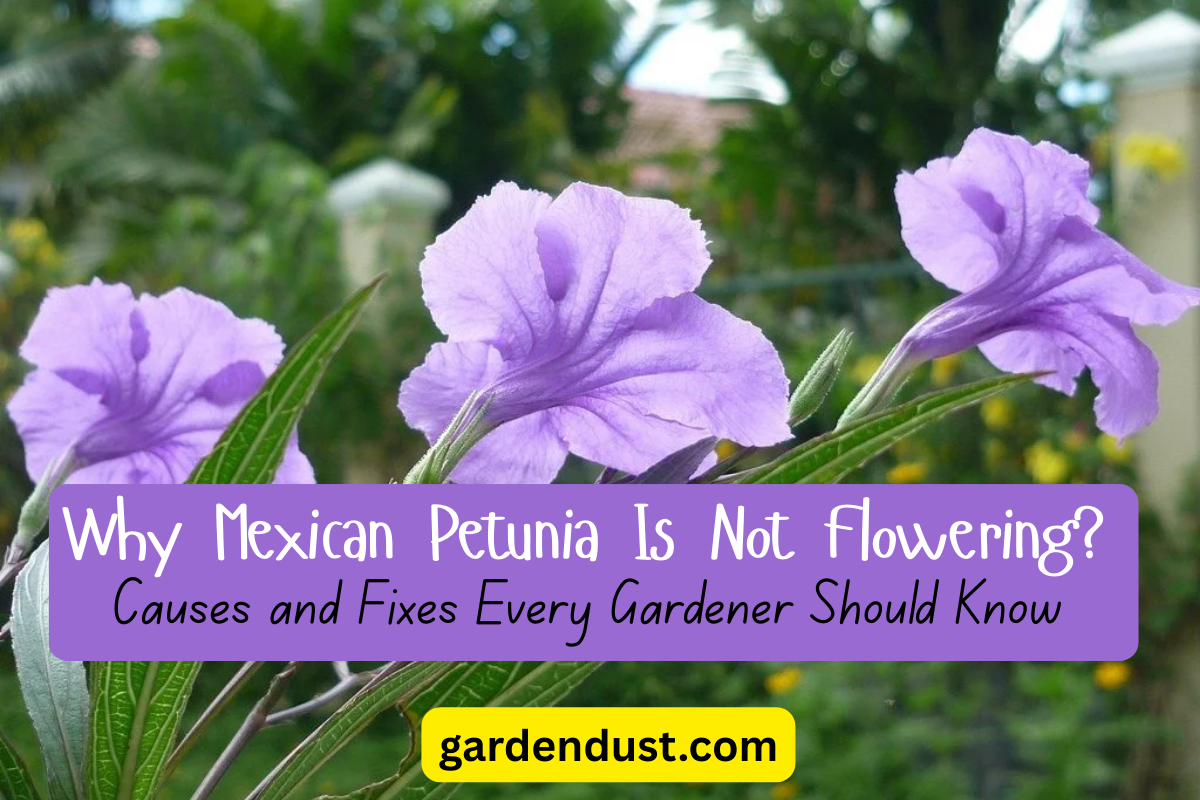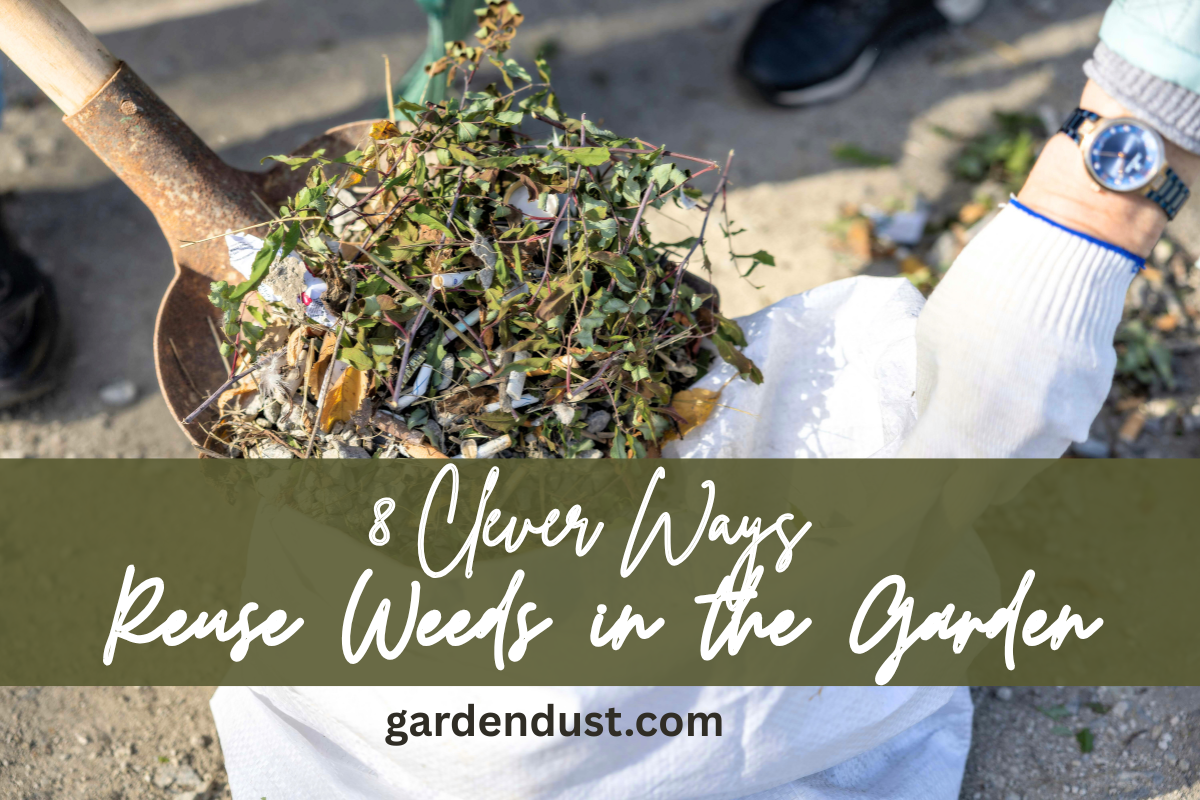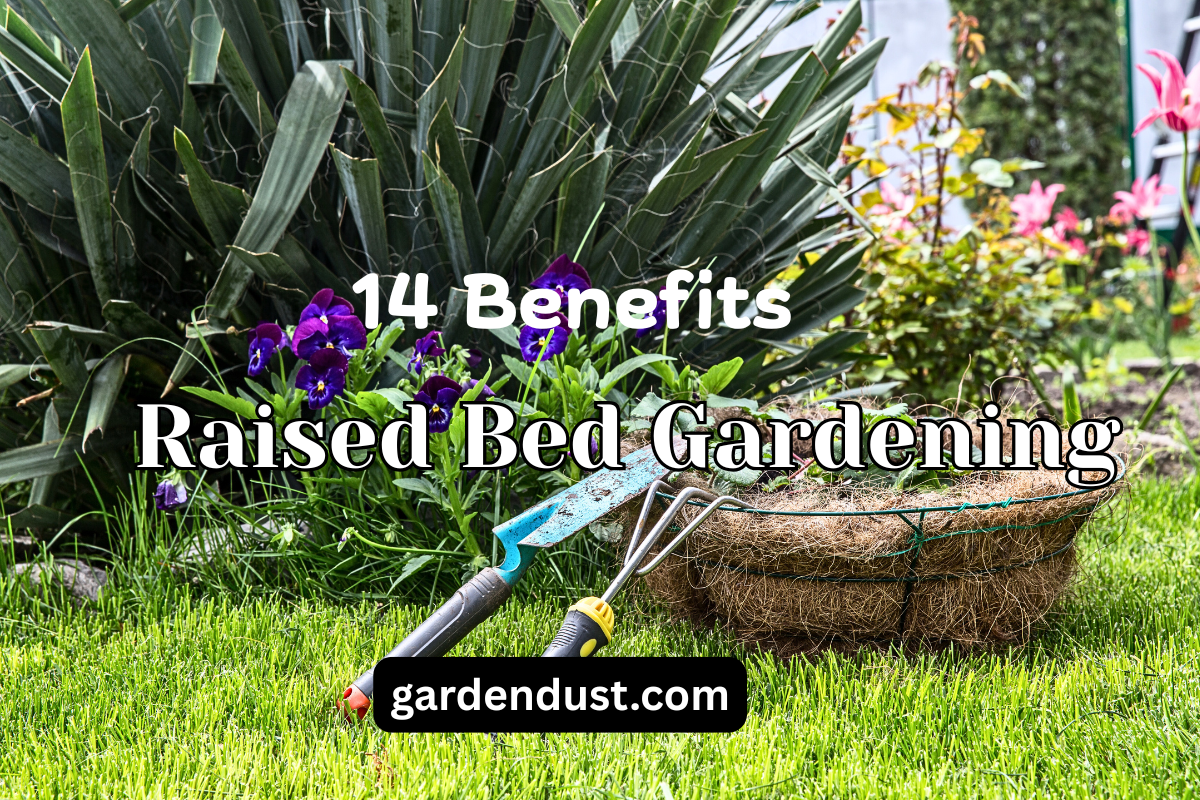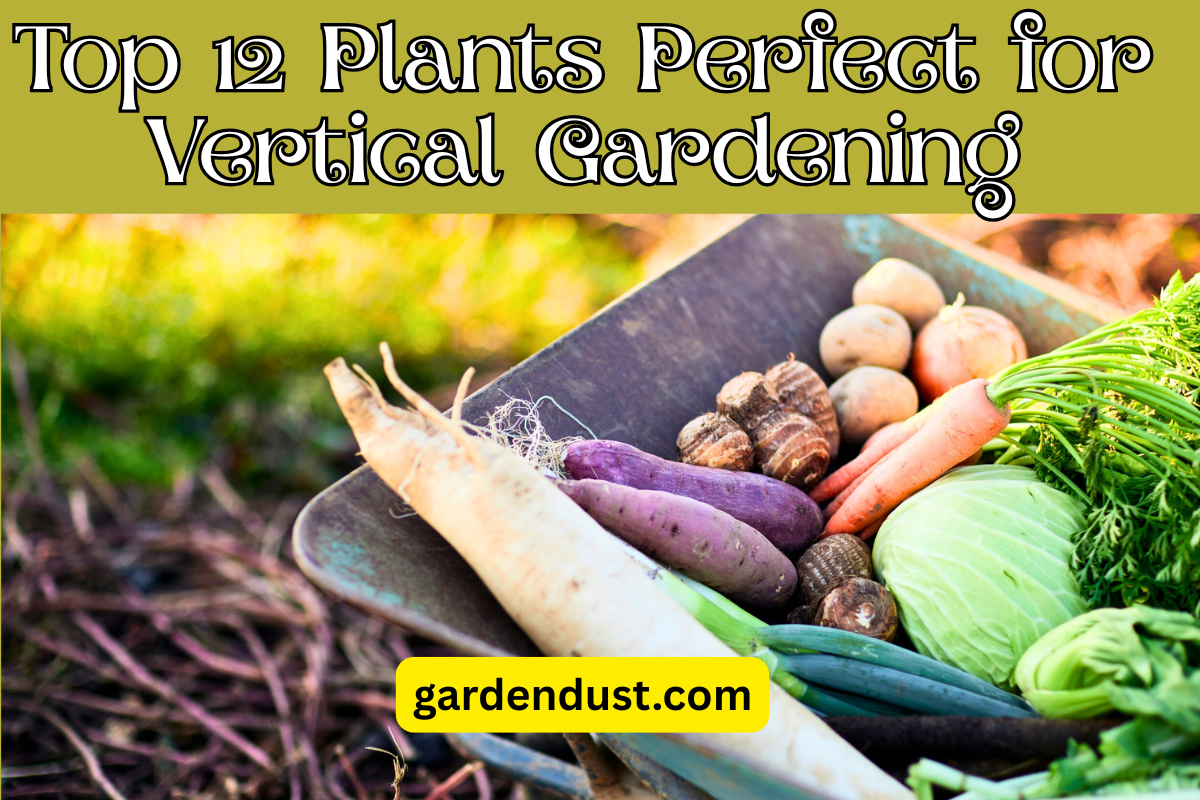In the intricate tapestry of nature, pollinators play a starring role, contributing to the health and vibrancy of ecosystems worldwide. For gardeners, understanding the significance of these tiny, winged wonders is crucial, as pollinators are instrumental in the reproduction of flowering plants. In this article, we’ll delve into the Top10 Reasons –why pollinators are important for your garden. Let’s begin….
1-Seed Production:
At the core of a thriving garden is the ability of plants to produce seeds. Pollinators, predominantly bees, butterflies, moths, and even some birds and bats, facilitate the transfer of pollen between flowers, initiating the fertilization process. This process is vital for the formation of seeds, ensuring the next generation of plants.
2-Increased Crop Yield:
For those cultivating fruits and vegetables, the role of pollinators is particularly vital. Many of the crops that make their way to our tables, such as apples, berries, cucumbers, and tomatoes, rely on pollination for enhanced fruit development. The more efficient the pollination, the higher the crop yield.
READ ALSO:-Top 10 Ways to Prep Your Garden for Winter
3-Biodiversity Support:
Pollinators contribute significantly to the biodiversity of a garden. By assisting in the reproduction of various plant species, they foster a diverse range of flora. This, in turn, attracts a variety of other wildlife, creating a balanced and dynamic ecosystem within your garden.
4-Enhanced Floral Beauty:
Beyond their functional roles, pollinators add a touch of natural elegance to your garden. The delicate fluttering of butterflies, the gentle hum of bees, and the vibrant colors of flowers all come together to create a visually stunning and harmonious outdoor space.
5-Ecosystem Resilience:
Pollinators are linchpins in the intricate web of ecosystems. Their activities contribute to the resilience of natural habitats, aiding in the adaptation of plant species to changing environmental conditions. A garden abundant with pollinators becomes a microcosm of this natural balance.
6-Medicinal Plant Production:
For those cultivating medicinal herbs, the role of pollinators is especially critical. Plants like echinacea, lavender, and chamomile, prized for their healing properties, depend on pollination for the production of medicinal compounds.
7-Genetic Diversity:
Cross-pollination, facilitated by bees and other pollinators, enhances the genetic diversity of plants. This diversity is crucial for the adaptation and evolution of plant species over time, making them more resilient to pests, diseases, and environmental changes.
8-Supporting Wildlife Habitats:
Beyond their immediate impact on plants, pollinators contribute to the overall health of wildlife habitats. By participating in the pollination process, they indirectly support the survival of other creatures that depend on the fruits, seeds, and nectar produced by flowering plants.
9-Food Chain Contribution:
Pollinators are integral to the food chain. Birds, insects, and even mammals rely on the fruits, seeds, and nectar produced by pollinated plants. By supporting pollinators in your garden, you’re contributing to a healthy and sustainable food web.
10-Climate Change Mitigation:
In the face of climate change, the adaptability of plant species becomes increasingly crucial. Pollinators contribute to the genetic diversity of plants, aiding in their ability to adapt to changing environmental conditions and ensuring the overall resilience of your garden.
In the intricate dance of nature, pollinators emerge as unsung heroes, facilitating the cycle of life in your garden. As a gardener, recognizing the vital role they play not only enhances your understanding of the natural world but also empowers you to create a space that thrives with life, color, and abundance. By nurturing the heart of your garden — the pollinators — you contribute to the broader canvas of biodiversity and sustainability, leaving a positive impact that resonates far beyond the boundaries of your backyard. Happy Gardening…

